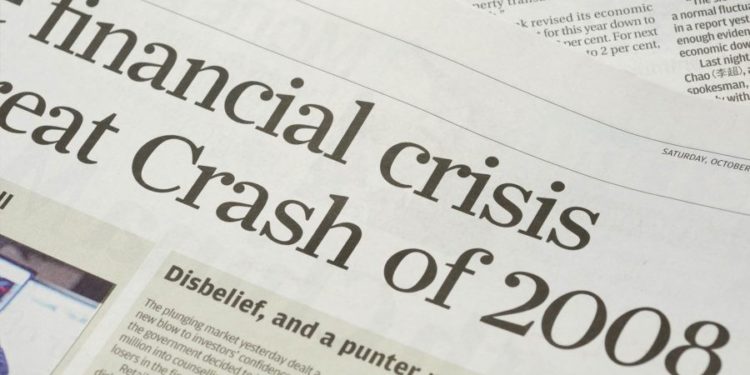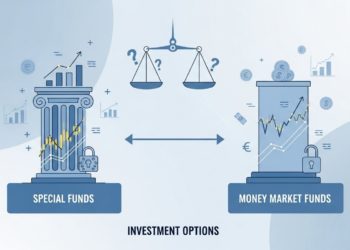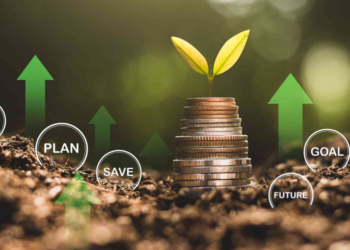Have you ever heard about the 2008 financial crisis? It’s a story of how a booming U.S. housing market brought the world’s economy to its knees. What began as a lucrative, fast-growing market, driven by the desire to own homes, soon spiralled into one of the most devastating financial crises since the Great Depression. But how did it happen?
The crisis didn’t start in 2008. The seeds were sown much earlier, in the early 2000s, when the housing market bubble began to inflate. The primary culprit behind this bubble? Subprime loans.
Subprime loans were mortgages offered to individuals with poor credit histories. Banks, eager to cash in on rising home prices and interest rates, started giving these risky loans to people who would struggle to repay them. But the real trouble began when large financial institutions created “mortgage-backed securities,” complex financial products that bundled together many of these risky mortgages. Investors, seeing an opportunity for higher returns, began buying these securities instead of safer options like government bonds.
As the housing market continued to boom, interest rates rose, hitting 5.25% by June 2004. But instead of being cautious, banks doubled down. In their rush to sell more mortgages, they stopped carefully checking if borrowers could actually repay the loans. The result? A flood of subprime loans.
Credit rating agencies, which were supposed to sound the alarm, failed to do so. As homebuyers began to default on their mortgages, the banks found themselves holding properties that were suddenly worth much less than the loans taken out against them. Housing prices plummeted, and demand dried up. The bubble had burst.
With the housing market collapsing, panic spread throughout the financial system. Major banks and insurance companies, previously thought “too big to fail,” were suddenly on the brink of collapse. The credit markets froze, and the stock market crashed.
In a desperate attempt to save the economy, the U.S. Federal Reserve stepped in, injecting USD 250.0 bn into struggling banks and insurance firms. By early 2009, Congress passed a massive USD 800.0 bn stimulus package to stabilize the economy.
The 2008 financial crisis was a perfect storm of greed, risky lending, and regulatory failure. It shook the world’s economy, leaving lasting scars that would take years to heal.















